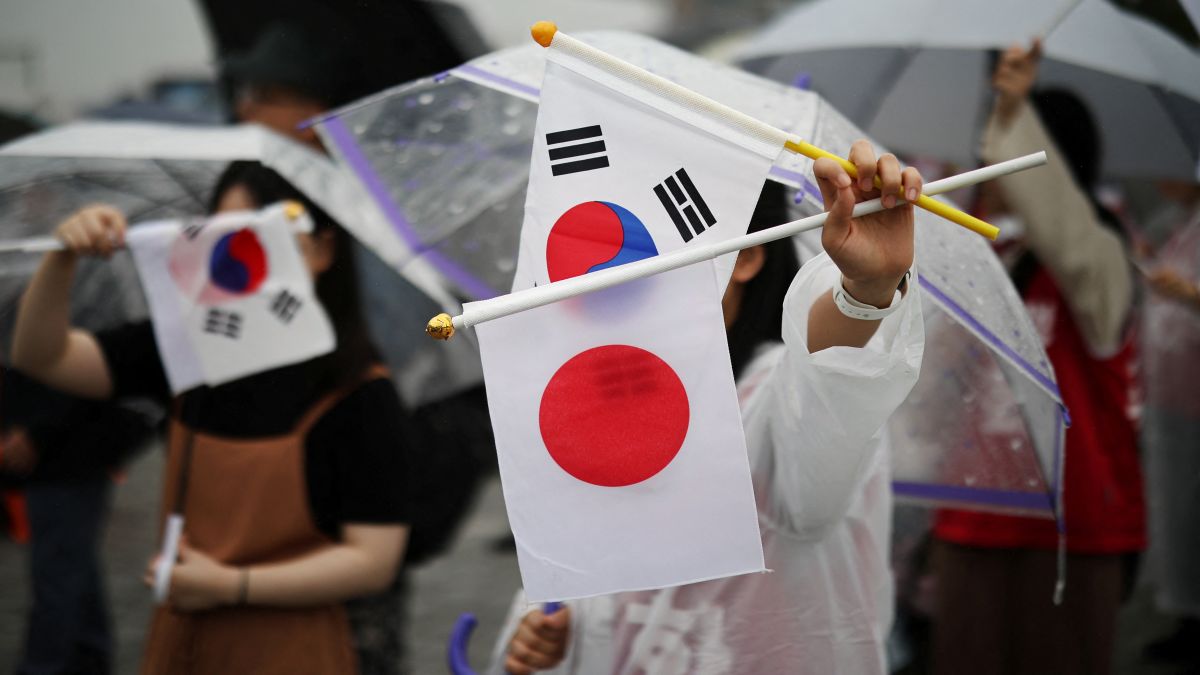Japan and South Korea have clashed again over wartime sexual slavery, with Tokyo rejecting UN criticism and calling Korean court rulings on compensation a breach of international law, while Seoul urged Japan to “squarely face up to our painful history.”
Japan on Monday defended its stance on wartime sexual slavery, rejecting UN criticism and describing South Korean court rulings ordering compensation as “violations of international law.”
In its response to UN human rights rapporteurs, South Korea urged Tokyo to “squarely face up to our painful history” and said Japan’s refusal to honour court orders has denied justice to victims.
The exchange showed how the two US allies remain divided on the issue even as they try to stabilise ties.
UN presses for answers
In July, UN investigators wrote to Japan, South Korea and several other countries where victims came from, saying governments had failed to “ensure access to truth, justice, remedy, and reparations for survivors.”
Only Japan and South Korea published responses on Monday.
The UN asked Japan to address concerns that its past investigations and reparations were inadequate, that it continued to deny legal responsibility, and that it ignored three South Korean court rulings between 2021 and 2025.
Tokyo cites past agreements
Japan repeated its position that all claims were settled under the 1965 treaty normalising relations and a 2015 deal with Seoul.
Its statement from Geneva argued that the rulings breached the principle of state immunity and urged South Korea to “take appropriate measures to remedy its breaches of international law as a country.”
Tokyo has consistently rejected South Korean court rulings on sexual slavery and forced labour, saying they undermine its sovereignty and contradict earlier agreements.
South Korean courts maintain that sovereign immunity does not apply to crimes against humanity committed against Korean nationals.
Survivors still seek justice
Some survivors and experts have suggested the dispute be taken to the International Court of Justice, though no step has been taken. Survivors such as Lee Yong-soo continue to demand justice.
Historians estimate that tens of thousands of women, mostly Korean, were forced into military brothels during the Second World War. At the time of the 2015 deal, 46 of the 239 registered victims were still alive in South Korea; only six remain today.
Past efforts, lingering mistrust
Japan has expressed regret in the past, creating a private fund in 1995 to compensate victims in South Korea, the Philippines and Taiwan. But many in South Korea dismissed the move as insincere and lacking legal accountability.
Recent moves to mend ties
Despite tensions, both countries have recently sought to repair relations and work more closely with the United States amid regional challenges such as North Korea’s nuclear programme.
In August, South Korean President Lee Jae Myung met Japanese Prime Minister Shigeru Ishiba in Tokyo before travelling to Washington for talks with US President Donald Trump — a rare diplomatic sequence highlighting how Trump’s policies are drawing the two neighbours closer.
With inputs from AP
End of Article

)

